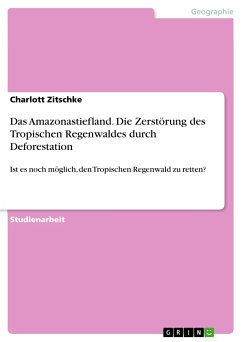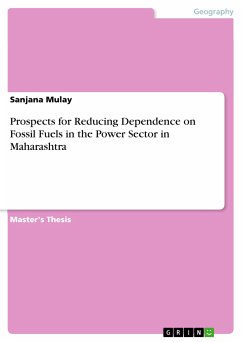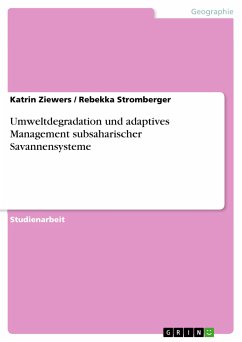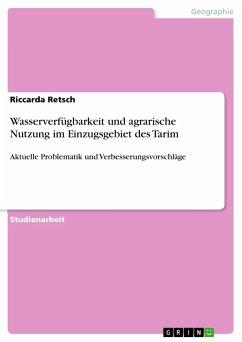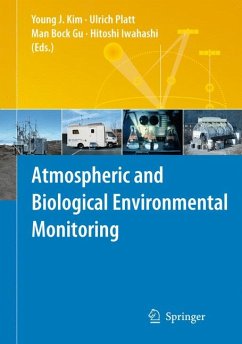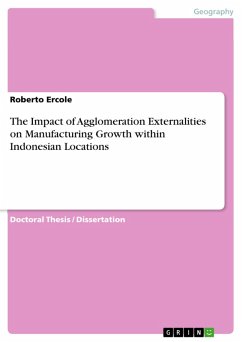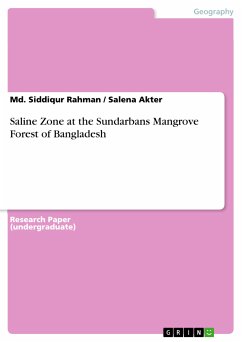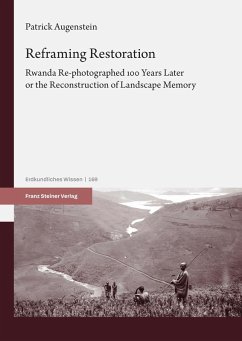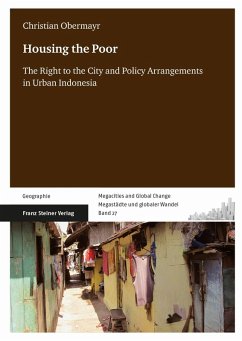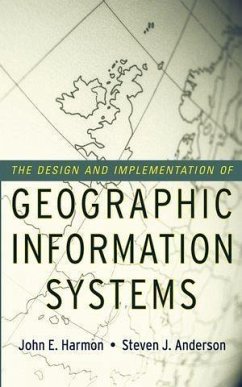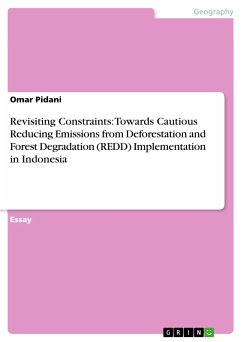
Revisiting Constraints: Towards Cautious Reducing Emissions from Deforestation and Forest Degradation (REDD) Implementation in Indonesia (eBook, PDF)
Versandkostenfrei!
Sofort per Download lieferbar
Statt: 17,95 €**
13,99 €
inkl. MwSt. und vom Verlag festgesetzt.
**Preis der gedruckten Ausgabe (Broschiertes Buch)
Alle Infos zum eBook verschenkenWeitere Ausgaben:

PAYBACK Punkte
0 °P sammeln!
Essay from the year 2008 in the subject Geography / Earth Science - Physical Geography, Geomorphology, Environmental Studies, grade: HD, The Australian National University (Fenner School of Environment and Society), course: Forest Policy, language: English, abstract: As one amongst few countries with largest forest coverage, Indonesia puts a lot of hopes of benefitting from Reducing Emissions from Deforestation and Degradatoin (REDD) Implementation, a program strongly believed as incentive for forest protection in developing countries. Yet, like many programs in the past, some doubt that REDD ...
Essay from the year 2008 in the subject Geography / Earth Science - Physical Geography, Geomorphology, Environmental Studies, grade: HD, The Australian National University (Fenner School of Environment and Society), course: Forest Policy, language: English, abstract: As one amongst few countries with largest forest coverage, Indonesia puts a lot of hopes of benefitting from Reducing Emissions from Deforestation and Degradatoin (REDD) Implementation, a program strongly believed as incentive for forest protection in developing countries. Yet, like many programs in the past, some doubt that REDD will be smoothly implemented. This paper tries to revisit some of the major obstacles put forward by scholars and practitioners. These include the issue of leakage and land tenure insecurity, as well as the issue of carbon pricing which are crucial in determining whether or not incentive offered by REDD is more attractive than incentives to deforest. A discussion about factors that contribute to leakage and land tenure insecurity is then followed by a simple calculation to predict whether price of carbon credit per hectare offered at REDD Project in Ulumasen Forest is much more interesting than revenue obtained from logging that one hectare. This calculation indicated that the incentive to forest logging surpassed the incentive to conserve as a result of carbon credit. It is recommended that careful and transparent feasibility study prior to REDD implementation to avoid its inevitable marginalizing impacts particularly for forest-dependent people.
Dieser Download kann aus rechtlichen Gründen nur mit Rechnungsadresse in A, B, BG, CY, CZ, D, DK, EW, E, FIN, F, GR, HR, H, IRL, I, LT, L, LR, M, NL, PL, P, R, S, SLO, SK ausgeliefert werden.




